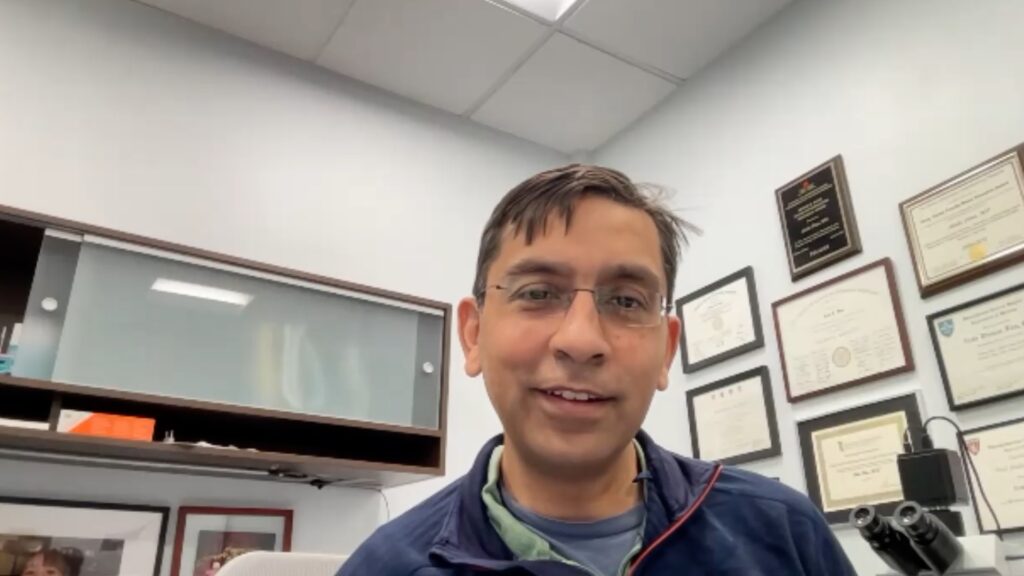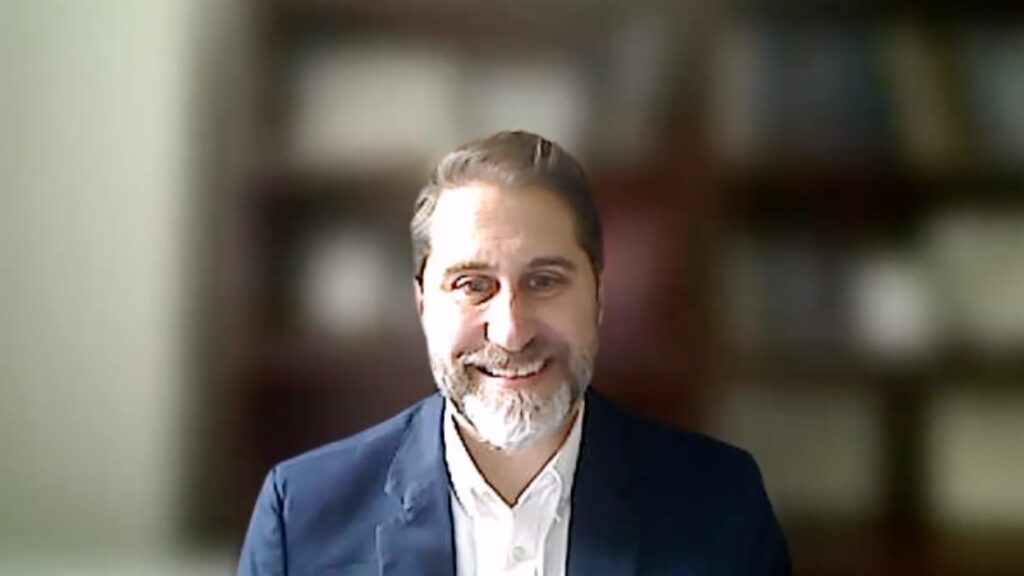AF Symposium 2023 Atrial Fibrillation Stroke
Left atrial appendage occlusion (LAAO) devices are implanted in the heart and are intended to reduce the risk of thromboembolism from the left atrial appendage (LAA) in patients with non-valvular atrial fibrillation. AF Symposium is a highly focused three-day symposium bringing together the world’s leading medical scientists to share in a highly interactive environment the most recent advances in the field of atrial fibrillation and looks to the future for the use of LAOO devices. We speak with Dr Aloke Finn (Medical Director, CVpath Institute; Associate Professor, University of Maryland, College Park, MD, USA) to discuss his highlights and key takeaways.
Disclosures: Aloke Finn has received grant/research support, and honoraria/honorarium from Boston Scientific and Abbott. Filmed as a highlight of AFS 2023
Support: Interview and filming supported by Touch Medical Media. Interview conducted by Katey Gabrysch.
Transcript:
I’m a Aloke Finn. I’m the Medical Director here at CVpath, as well as Associate Professor at University of Maryland. And we do a lot of work with interventional devices in the basic and clinical research side. And so I’m very honoured today to be here talking about atrial fibrillation.
What are your highlights and key takeaways from AF Symposium 2023? (0:28)
I think the conference overall was an excellent conference for practitioners and more basic researchers, and it really gave us an understanding of current state of the art practice where some of the most expert implementers of these devices. So really we are looking forward to seeing major improvements in the field so that patients with atrial fibrillation have many good options in terms of their treatments. And that will include not only medical therapy, but also these devices that can lower their stroke risk and maybe one day, regarding the devices I was discussing earlier, left atrial appendage occlusion devices, are considered non inferior to approaches using oral anticoagulation. It’s my hope that one day they might be superior to oral anticoagulation approaches.
Subtitles and transcript are autogenerated







